Difference in Cannabis Effects on Men vs Women

- 1. Does gender influence weed's effects?
- 2. Cannabis effects on men
- 3. Cannabis effects on women
- 4. Who consumes more cannabis, men or women?
- 5. The bottom line
The effects of marijuana tend to follow some patterns. However, some users might perceive slightly different affections than others. This makes sense given that not everyone on this planet is the same, therefore, the effects differ as well.
When you smoke a joint, from a bong, or take edibles, the effects that the cannabis will have on you will vary a lot depending on several factors such as the state of mind and body contexture, among others. But what about gender, do men and women perceive different effects on weed?
1. Does Gender Influence Weed's Effects?
The short answer is yes, marijuana use may have different affections depending on your sex. The main differences reside in four aspects:
- Genes;
- Hormones,
- Physiology and anatomy;
- And neurobiology.
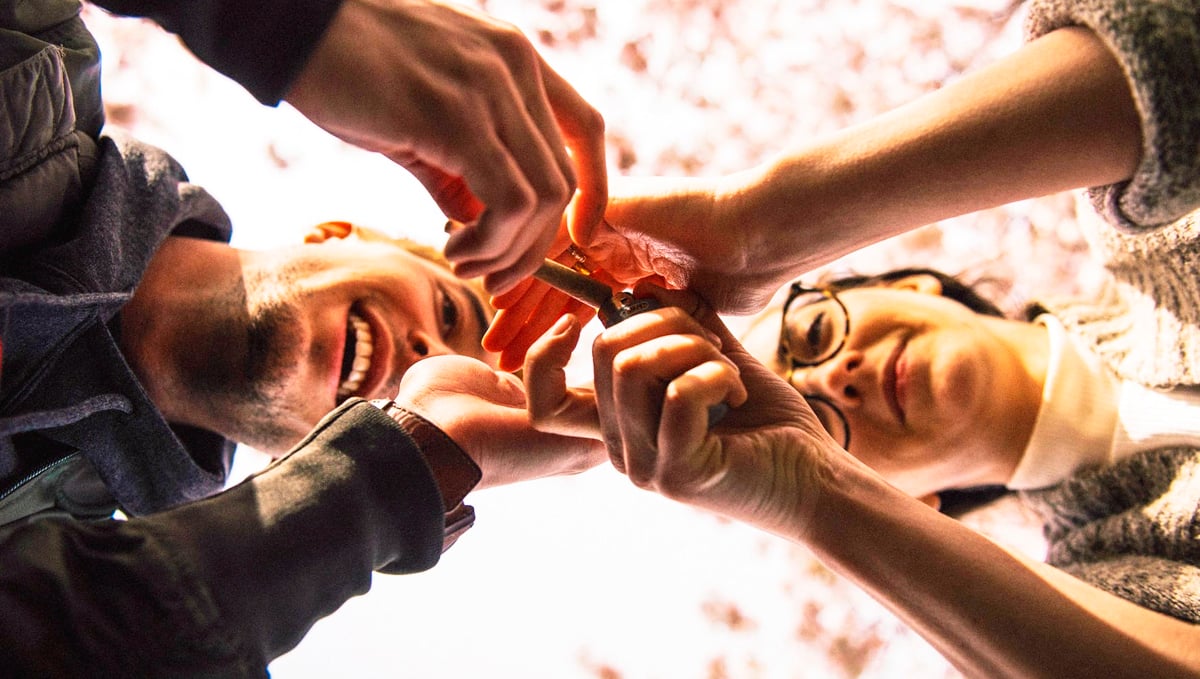
One main difference is definitely related to tolerance, which leads to the common belief that men will normally outperform women on how much cannabis they can consume. This is, of course, taking into consideration two persons who share the same marijuana lifestyle and use.
Not only physically, emotionally, and psychologically, men and women are also different in the way weed has its effect on them. While both genders have an endocannabinoid system with its receptors, which is the one responsible for keeping our body in balance, and also the place where cannabis effects start taking place, the effects can still vary.
"With its complex actions in our immune system, nervous system, and virtually all of the body’s organs, the endocannabinoids are literally a bridge between body and mind." Getting High on the Endocannabinoid System - Bradley E. Alger.1
Although the word in the streets claims that compared to men, women would get a lot higher because of weight and height, and hormone levels, this is just an urban myth.
In fact, this is way far from the truth, it's even been scientifically proven that not only women have a higher pain tolerance but also a higher tolerance when speaking about marijuana consumption.
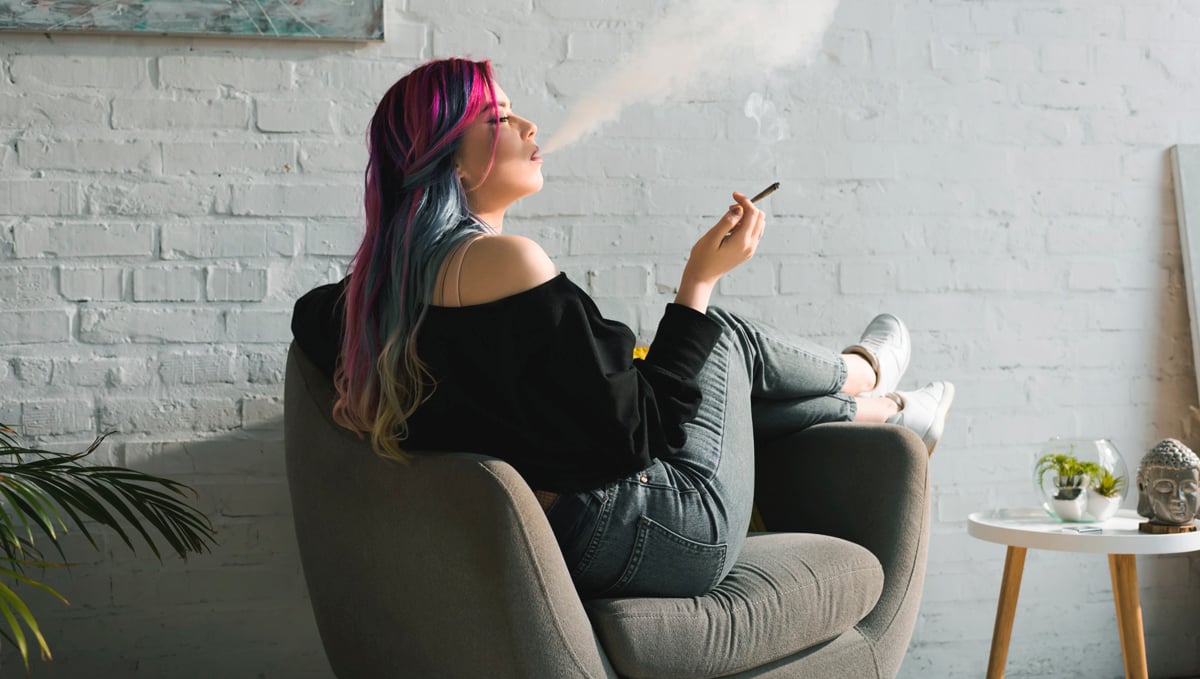
The reason why women are considered to be more tolerant in the use of cannabis is that women have more estrogen, the female sex hormones, which helps with THC tolerance. The endocannabinoid system interacts closely with sex hormones, providing the biological foundation for gender behavioral differences related to cannabis use patterns.
The CB1 receptor density is strongly tied to these sex hormones, a receptor that has the ability to modulate endocannabinoids' levels and their metabolizing enzymes. Furthermore, the precursor of all steroid hormones, pregnenolone was recently found to affect cannabinoid receptors activation, which enforces the association between sex hormones and the endocannabinoid system.2
However, there are also other influential factors involved in the ways cannabis affects men and women, such as body fat percentage and certain brain receptors that take part in this. Let's check the differences between men and women's marijuana high.
2. Cannabis Effects on Men
The main difference between marijuana's effects between men and women resides in the CB1 receptor's availability, which showed to be lower in males. Therefore, the effects and usage patterns differences could be attributed to the quantitative differences in the endocannabinoid system between men and women.
Furthermore, the metabolic breakdown of marijuana itself could vary between the two as well. Since women tend to have higher tolerance towards THC and towards pain as well, this means men could need fewer tolerance breaks than women do.
On the counterpart, since high levels of THC result in temporary low levels of testosterone, this translates into lower sexual stimulation in men after weed consumption.

Another common effect of cannabis on men is the decreased risk-taking behavior, which is the result of lower natural and synthetic male sex hormones due to THC presence. Ever wondered why men do all sorts of crazy things to impress ladies? Hormones. These same hormones are the ones that could lead to compulsive cannabis use in men.
One last point where men differ from women on cannabis' effects is the munchies. Generally speaking, men feel the munchies, the hunger feeling after consuming marijuana, on greater scales than women.
3. Cannabis Effects on Women
The most common sensations reported by women after the consumption of cannabis were confidence, euphoria, and increased sensitivity. Other side effects reported by ladies were temporary visual alterations and stronger short term memory impairments in comparison to men.
Ever wondered why sometimes you were breaking into tears so easily after smoking a joint? Marijuana makes us more sensitive, awakening all our emotions and keeping them on the edge.
When it comes to signs of withdrawal from marijuana symptoms, a study led by researchers at Johns Hopkins University School of Medicine concluded that women show a higher level of discomfort or abstinence than men. These symptoms include irritability, insomnia, and gastrointestinal discomfort.
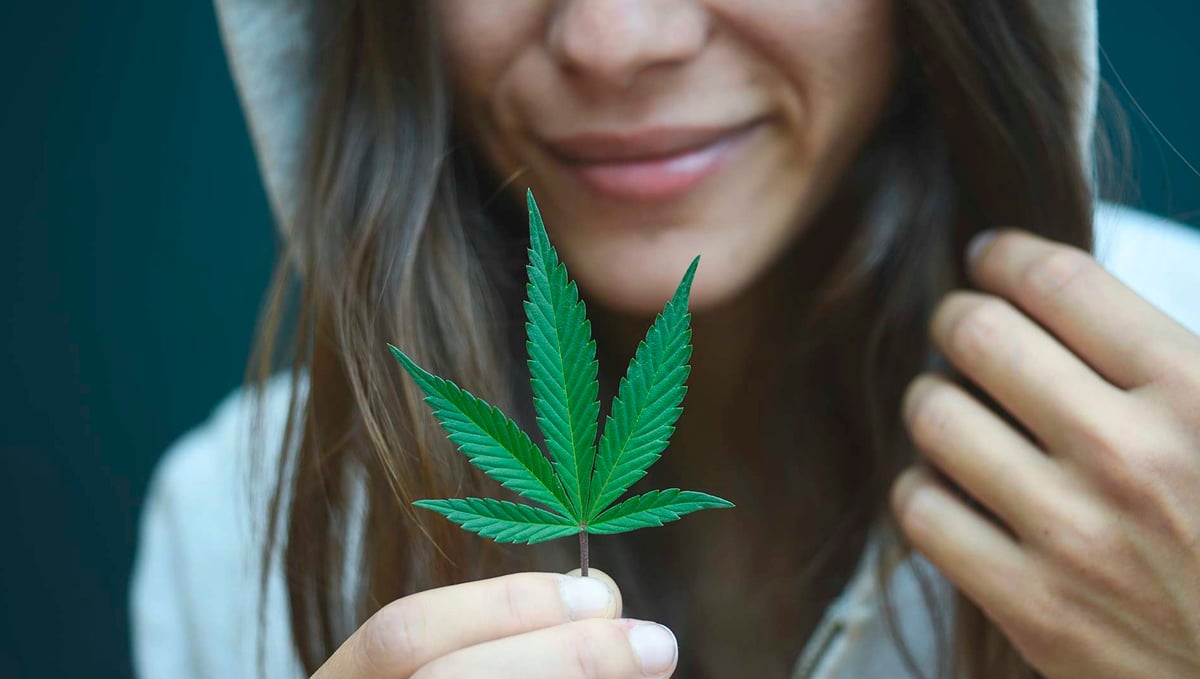
In some studies that were performed on rats, we apologize to all of those who are animal activists, the results showed that the hormone estradiol, which is responsible for maturing and maintaining the reproductive system, also modifies the endocannabinoid system, which in return results in estradiol production.
The female rats in the study revealed that in comparison to men, they have different levels of endocannabinoids and more sensitive receptors in key areas of the brain tied to movement control, social behaviors, and filtering of sensory input, with notorious changes through the menstrual cycle.
| Differences in | Explanation |
|---|---|
| Tolerance | Given women tend to be more tolerant to cannabis, they will likely need to take more tolerance breaks than men do. |
| Pain treatment | Since women also have higher pain tolerance, those seeking to use marihuana as a pain treatment will probably need higher doses than men to achieve similar results. |
| Sexual stimulation | The effects of cannabis on sexual stimulation are usually positively stronger on women than on men. |
| Hormones | Testosterone production levels can have an adverse effect on men after marijuana consumption. |
| Withdrawal symptoms | Women tend to experience higher withdrawal symptoms than men when quitting or taking a break from cannabis consumption. |
In summary, the interactions between the endocannabinoid system and dopamine production in the brain are indeed gender-dependent, which might influence the cannabinoid-prompted feelings of satisfaction and reward as well.
Further experiments have also found that the pain-relieving effects of THC had better results in female rats as well, although, over time, they needed higher doses of THC than male rats to get the same effects.
3. Who Consumes More Cannabis, Men or Women?
This point depends a lot on cultural aspects. However, generally speaking, when it comes to the question "who uses cannabis more, men or women?" get ready to hop on the boxing ring.
Women and men will likely both argue that they consume more, and the discussion will likely end up somewhere around feminism, the equality of sexes, and anywhere far from the original question.
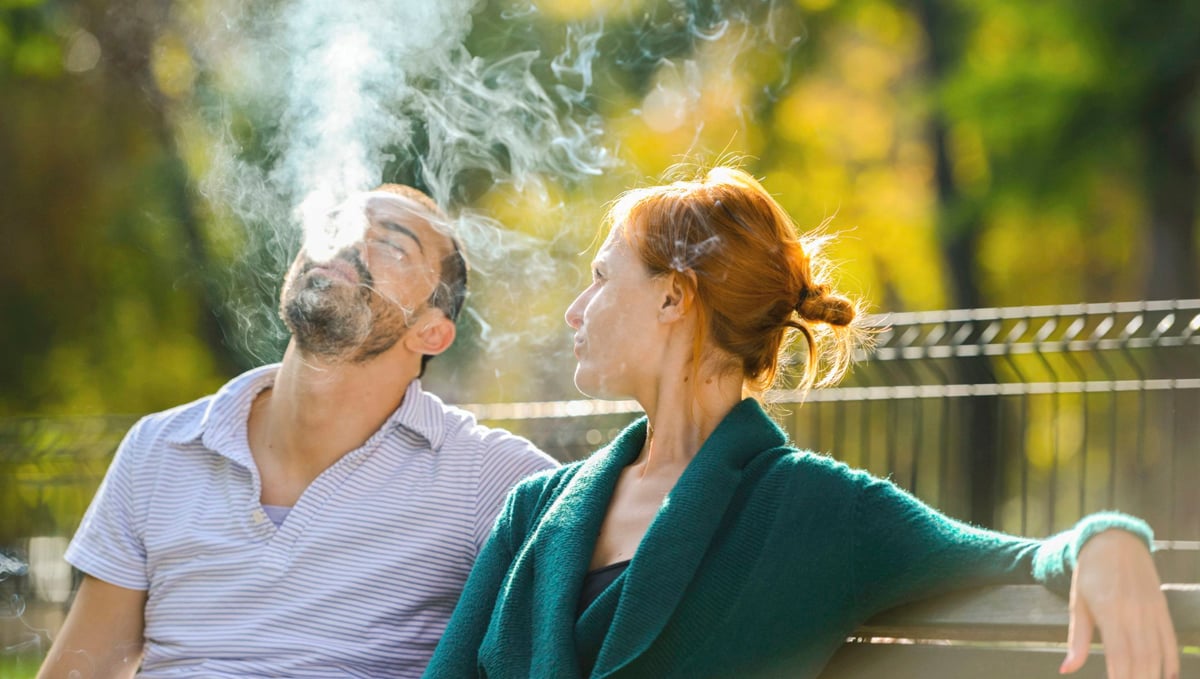
This could awaken some anger among our female readers, but sociologists and anthropologists all agree that men tend to make more use of marijuana than women. Again, this is strongly tied to cultural influences, but patterns showed that men tend to start consuming marijuana at a younger age than women.
Generally, men are more prone to the use of psychotropic substances than women, and in bigger amounts. In fact, some studies even stated that men tend to indulge in drugs overall, including cannabis, more often than women and even pointed out that they are way more likely to develop substance dependence in comparison to women.
When it comes to marijuana, men usually show more intense effects than women. However, just like with any other substance, not only genetic but environmental factors as well play a role in cannabis use patterns.
While genetic factors can clearly increase or decrease our risk of abuse, there is no evidence of specific gene variants that alter cannabinoid sensitivity.
4. The Bottom Line
When it comes to the effects of cannabis, yes they can vary depending on the sex of the consumer. However, these aren't the only influential aspects of marijuana's effects. The environment, the people you're surrounded with, your mood, or even if you're smoking on an empty stomach can all affect the type of high you may get from weed as well.
Science still needs a lot of figuring out to do to find the exact differences between men and women's cannabis high. For the moment, we would suggest you pay attention to the effects by yourself and take note of the normal patterns, perhaps even discuss them with friends.
EXTERNAL RESOURCES
- "Getting High on the Endocannabinoid System" Bradley E. Alger. November 2013.
- "The Modulating Role of Sex and Anabolic-Androgenic Steroid Hormones in Cannabinoid Sensitivity" Dicky Struik, Fabrizio Sanna, and Liana Fattore. October 2018.
- "Sex differences in cannabis withdrawal symptoms among treatment-seeking cannabis users" Evan S. Herrmann, Elise M. Weerts, and Ryan Vandrey. October 2015.








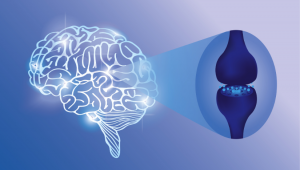
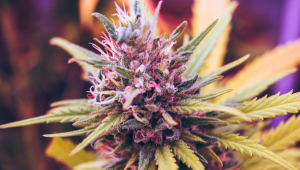


Comments